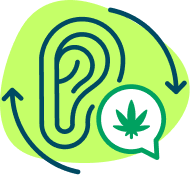It's time for the cannabis talk
Starting the conversation with teens can help prevent early cannabis misuse


What's the big deal?
Cannabis hits teens where it hurts


Cannabis today is stronger than ever and can have harsh effects on developing brains. THC disrupts several processes in the brain, impacting how teens develop important life skills.

THC can damage certain receptors in the brain, making it harder for teens to manage stress, fear, and other feelings. 1, 2, 3, 4, 5, 6
.svg)
Because THC messes with neurotransmitters, teens who use weed may feel down or unmotivated more often. 3, 7, 8, 9, 10


The THC in cannabis can impair cognitive functions. That means it can be harder for teens to concentrate, understand, or remember things. 1, 11, 12, 13, 14
.svg)
Using cannabis before the brain is fully developed can disrupt teens’ judgment calls. This can lead to poor planning, impulsive choices, and risky behavior.15, 16, 17, 18, 19
.svg)
While the brain is still fine-tuning motor functions, THC can cause structural changes that throw off teens’ balance, reaction time, and certain reflexes. 3, 20, 21, 22, 23, 24


Where do you come in?
Talking about cannabis makes a difference

Being a judgment-free source for information can help teens understand the risks of cannabis. 25, 26, 27, 28, 29
Countering misinformation
Social media and friends don’t always get it right. When you talk about cannabis, you know teens are getting real facts.
Setting expectations
Teens look up to you and follow your lead. What you say guides their own choices, even if they don’t show it.
Creating safe spaces
Normalizing talking about cannabis lets teens know it’s okay to come to you with problems or questions.
.svg)
How do you start the conversation?
Tips for talking with teens about cannabis

Talk early and often
Normalize talking about cannabis before teens consider experimenting. That could be as young as 10 years old.

Keep it casual
Formal lectures can be intimidating for teens. Find low-stress moments, like in the car, to chat about the risks.

Stick to science
Exaggerations and scare tactics won’t help. Base your conversation on science, like how underage use can impact the growing brain.

Talk with, not at
Keep the conversation two-way by listening to, acknowledging, and encouraging thoughts and questions—without judgment.

Be honest
To help teens understand your perspective, be clear about where you stand on cannabis and the reasons you’re talking about it.

Be patient
It may take a couple of tries to get through to teens, and that’s okay. If you keep the dialogue going, they’ll listen.
.svg)
.png)
Continuing the Conversation
Download these free resources to learn more ways to talk about cannabis





.svg)

.svg)

.svg)
